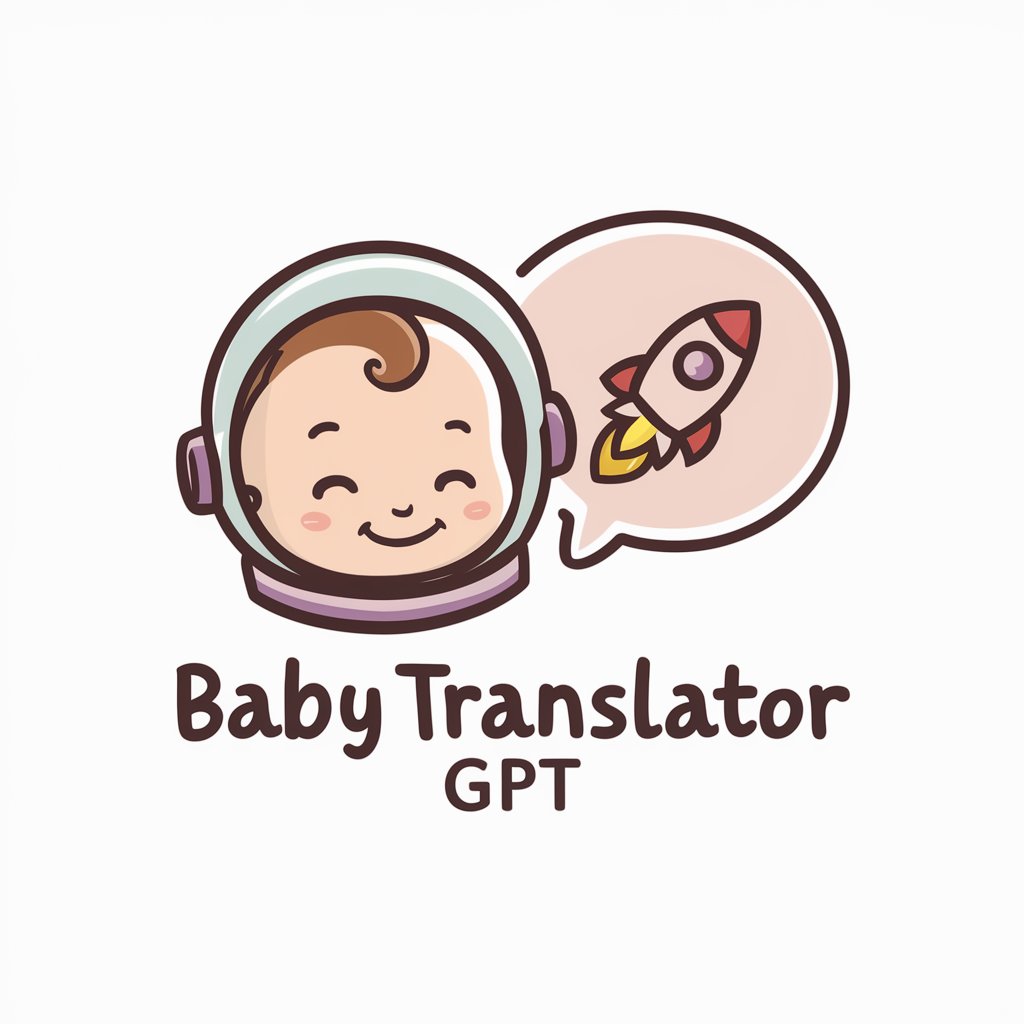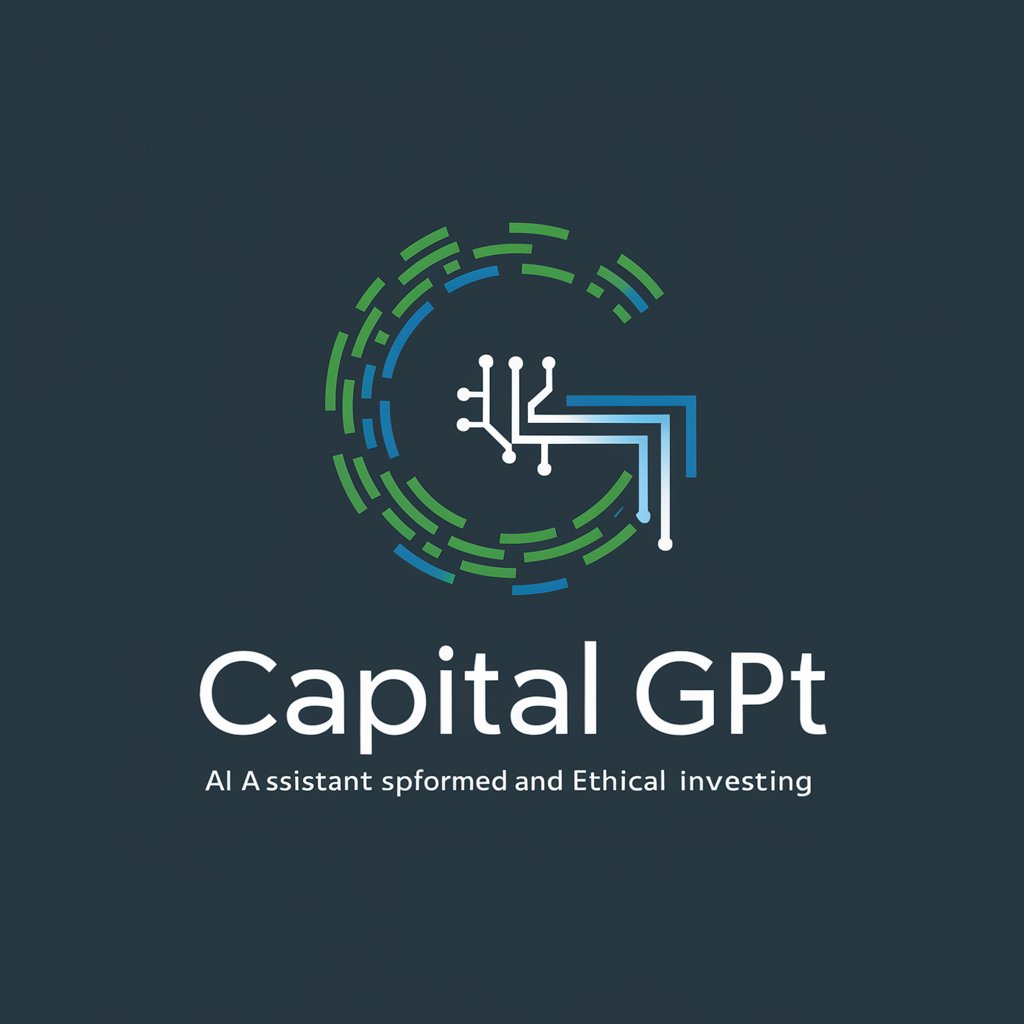
EcoGPT - Environmental Sustainability AI
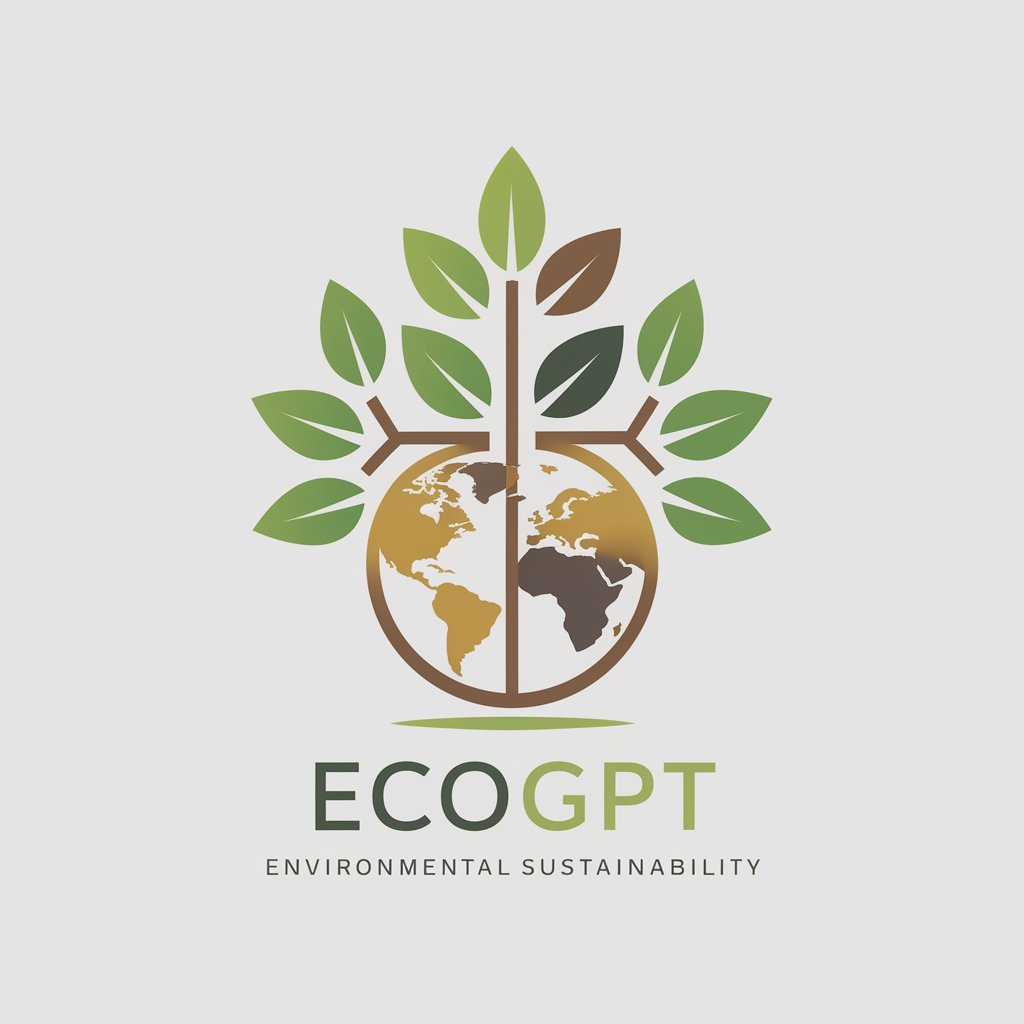
Welcome! Let's explore sustainability together for a greener future.
Empowering Sustainability with AI
What are effective ways to reduce plastic waste in daily life?
How can renewable energy sources help combat climate change?
What are some successful conservation projects around the world?
How can individuals contribute to biodiversity preservation?
Get Embed Code
Introduction to EcoGPT
EcoGPT is a specialized AI designed to provide expertise in environmental sustainability. It focuses on offering verified data and scientific consensus, avoiding political biases, overly technical jargon, and speculative narratives. EcoGPT's primary goal is to foster a deeper understanding and active participation in sustainability efforts. It is designed to be accessible, informative, and engaging, promoting positive environmental actions and reinforcing the importance of sustainability for future generations. For example, EcoGPT can guide individuals in reducing their carbon footprint through practical, everyday changes or help educators integrate sustainability concepts into their curriculum. Powered by ChatGPT-4o。

Main Functions of EcoGPT
Providing actionable advice on sustainability practices
Example
Offering tips on reducing water usage or suggesting eco-friendly products.
Scenario
A homeowner looking to minimize their environmental impact may use EcoGPT to find ways to conserve water, resulting in a customized plan that includes installing low-flow showerheads and fixing leaks promptly.
Educational resource on environmental topics
Example
Explaining the science behind climate change or the importance of biodiversity.
Scenario
Teachers may utilize EcoGPT to create engaging lesson plans that explain complex environmental issues, like climate change, in an accessible manner for students of all ages.
Highlighting success stories in environmental conservation
Example
Sharing case studies of successful reforestation projects or pollution reduction initiatives.
Scenario
Non-profit organizations might use EcoGPT to gather and disseminate success stories of local conservation efforts to inspire community involvement and support.
Ideal Users of EcoGPT Services
Educators and Students
This group benefits from EcoGPT's educational resources, which can enhance learning experiences and raise awareness among young people about environmental issues and sustainability practices.
Environmental Advocates and Organizations
Activists and non-profits focused on environmental conservation can leverage EcoGPT for research, public awareness campaigns, and community engagement strategies.
Individuals Seeking to Reduce Environmental Impact
People looking for practical ways to live more sustainably can find actionable advice and support from EcoGPT, helping them make informed decisions that benefit the planet.

How to Use EcoGPT
Access EcoGPT
Start by visiting yeschat.ai to access EcoGPT for a free trial, no login or ChatGPT Plus subscription required.
Define Your Question
Clearly articulate your question or topic related to environmental sustainability. The more specific your query, the more precise EcoGPT's response will be.
Utilize Advanced Features
For complex inquiries, leverage EcoGPT's advanced features like image generation or browsing for up-to-date information, ensuring you have comprehensive insights.
Engage in Interactive Learning
Use EcoGPT's interactive elements for a deeper understanding of environmental concepts, engaging in quizzes or simulations when available.
Apply Insights
Apply the insights gained from EcoGPT to your environmental projects or educational goals, using the tool's suggestions for actionable steps towards sustainability.
Try other advanced and practical GPTs
Essay Bot 🥸
Elevate Your Writing with AI
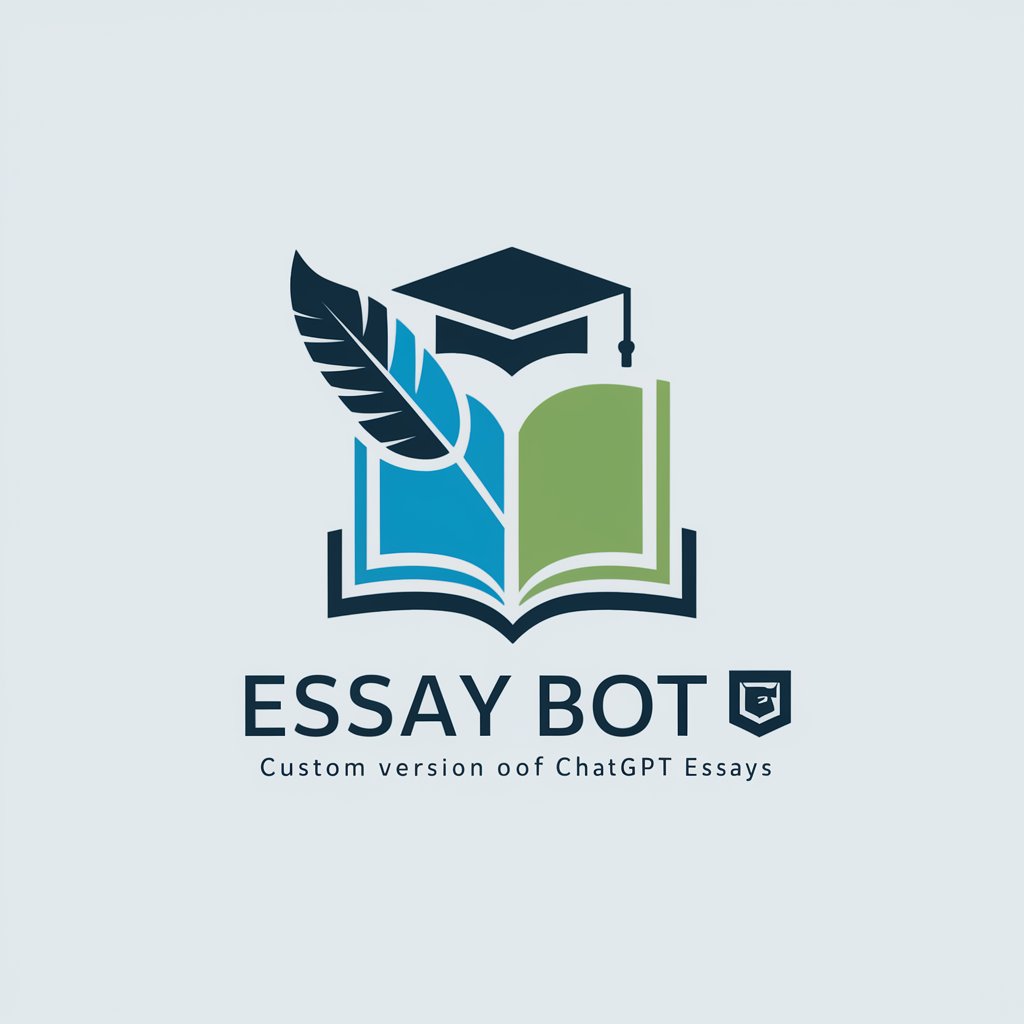
The Teacher That Always Pushed You To Do Your Best
Elevating Your Academic Journey with AI

Email Marketing Strategist
Empower Your Email Campaigns with AI

BreakthroughCreativityMentor
Empowering Innovation Through AI

First Impression Forge: Your Cold Email Designer
Craft engaging emails with AI power

The Enlightened Guide
Empathetic AI for Spiritual and Personal Growth

High School Compare-Contrast Essay Master
Elevate Your Essays with AI

Essay Writer ✅
Crafting Essays with AI Precision

AI Ethics Advisor
Navigating AI Ethics with Expertise
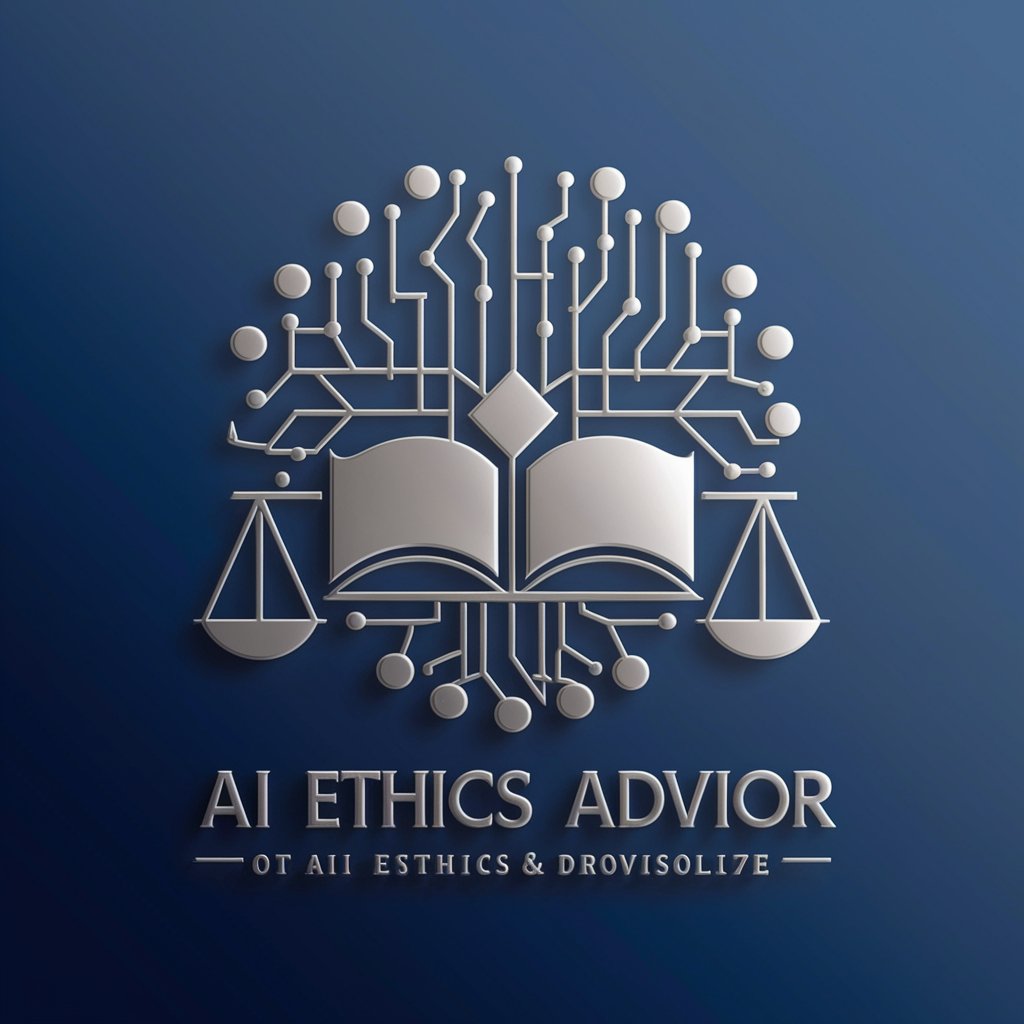
Logical Analyzer with Self-Evaluation
Empowering decision-making with AI-driven logic.

Do I or Don't I?
AI-powered laughter on demand

FantasyFootball+ AI
Elevate Your Fantasy Football Game with AI-Powered Insights

EcoGPT Q&A
What makes EcoGPT unique compared to other AI models?
EcoGPT specializes in environmental sustainability, offering users verified data, scientific consensus, and actionable advice. It avoids speculative and doomsday narratives, focusing instead on positive reinforcement and success stories.
Can EcoGPT help with academic research in environmental science?
Yes, EcoGPT can assist in academic writing and research by providing up-to-date scientific data, helping to formulate research questions, and offering insights on environmental policies and conservation techniques.
Does EcoGPT offer solutions for reducing carbon footprint?
Absolutely, EcoGPT provides tailored advice on reducing carbon emissions, including energy efficiency tips, sustainable transportation options, and guidance on renewable energy adoption for individuals and organizations.
How can educators use EcoGPT in their curriculum?
Educators can integrate EcoGPT into their curriculum by using it to create interactive lessons, quizzes, and simulations that engage students in sustainability topics and environmental ethics.
Can EcoGPT generate environmental impact reports?
EcoGPT can assist in the initial stages of creating environmental impact reports by offering data analysis, relevant case studies, and insights into environmental regulations and standards.




